Explore the significance of flowers in Hindu worship! Learn about the different flowers offered to various gods and goddesses, and the reasons behind these traditional offerings. From the sacred tulsi for Lord Vishnu to the fragrant jasmine for Goddess Laxmi, discover the symbolism and spiritual significance of flowers in Hindu rituals and ceremonies.
For as long as there have been flowers, they have formed an integral part of various spiritual, cultural or physical practices. Their bright colors, delightful smells, and purity make them appropriate to be offered to God. In Hinduism, offering flowers to deities goes beyond the level of symbolism; it is an act of great devotion, an invitation for blessings. In this regard, every flower has an inbuilt spiritual connotation and is linked to different Gods and Goddesses. This section discusses various flowers and the deities to whom they are offered.
The Importance of Flowers in Devotion
Flowers are the best gift ever created by nature itself, pure, beautiful and organic. Marigolds The use of flowers is limited to sculpture or mere decoration. The function of flowers goes deeper with their metaphysical significance. When Hindus are involved in prayer, they are asked to offer flowers to their deity as they believe it connects them with God’s in an attempt to show love and respect. At a deeper level, love and respect always exist, but are often concealed. Flowers do not loose their metaphysical properties, therefore they add to the energy of the ceremonial actions.
Lotus: Lord Vishnu’s Plant of Choice
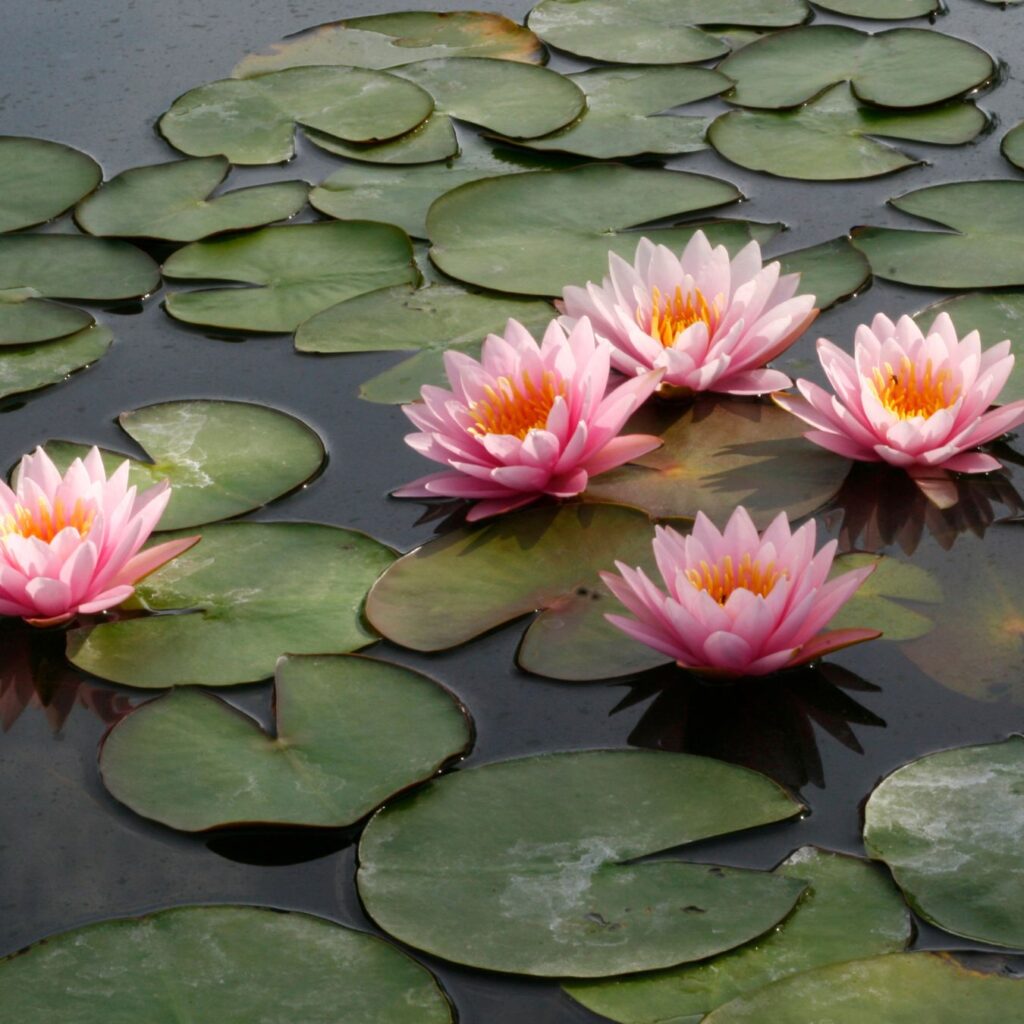
The lotus which is commonly seen in the hands of Lord Vishnu depicts purity, divinity and enlightenment. This flower occupies an important position within Hindu society as it is viewed as a representation of native resilience and spiritual awakening. Like the lotus flower who blossoms amidst stagnant waters, the adherents are encouraged that they can also overcome life’s difficulties. The Hindu community believes that presenting a lotus flower to Lord Vishnu will bless them with peace, wisdom and growth in all aspects. Hindus regard the lotus flower as the God of wealth and prosperity, the consort of Lord Vishnu, Goddess Lakshmi.
Marigold: The Flower of Lord Ganesha’s Preference
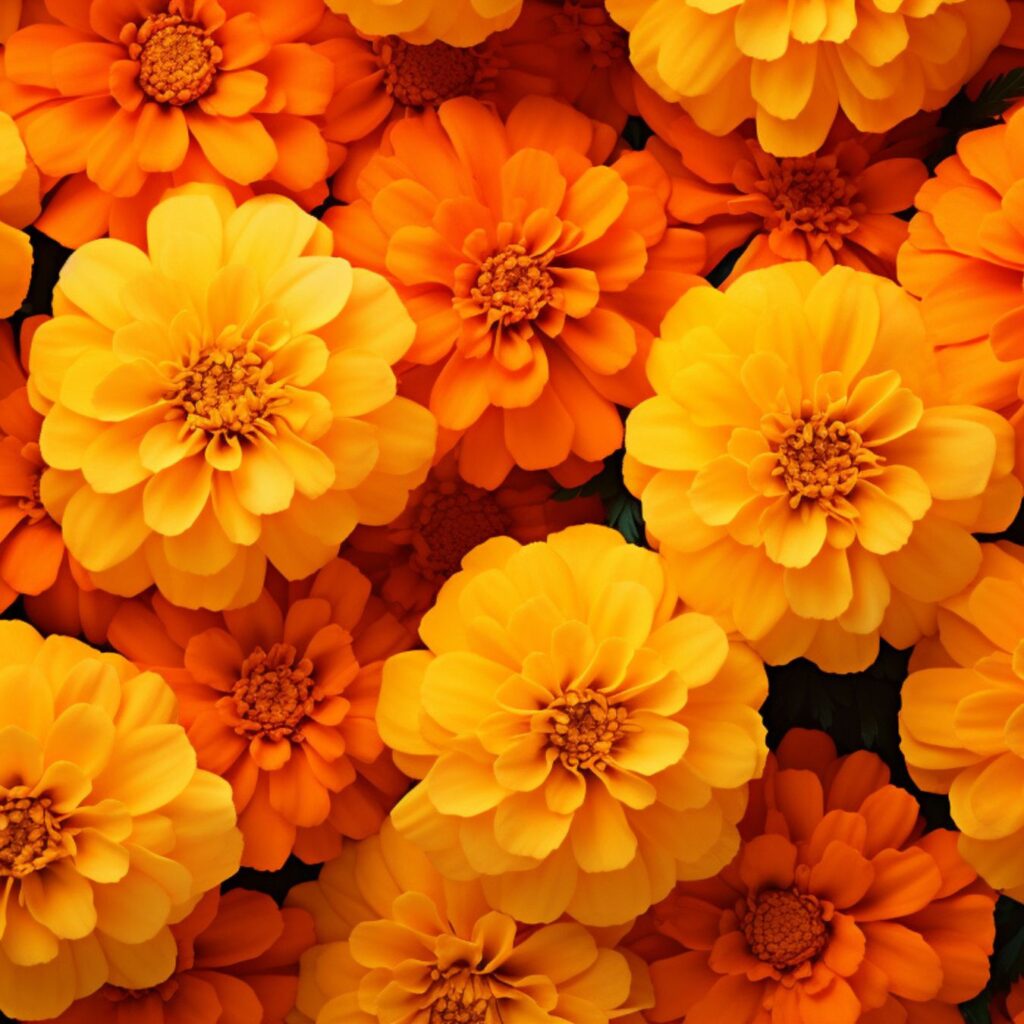
It is bright yellow and orange colors of marigold flowers which makes them look highly auspicious which can be effectively used in various ceremonies. This flower happens to be Ganesha’s favorite flower, who helps to overcome difficulties and bless success. The flower’s circular bloom is believed to signify completeness and positivity. It is believed that offering marigolds during Ganesh puja strengthens the chances of attaining success, wealth, and good luck, while also warding off negativity.
Champa: The Most Beloved Flower of Maa Saraswati
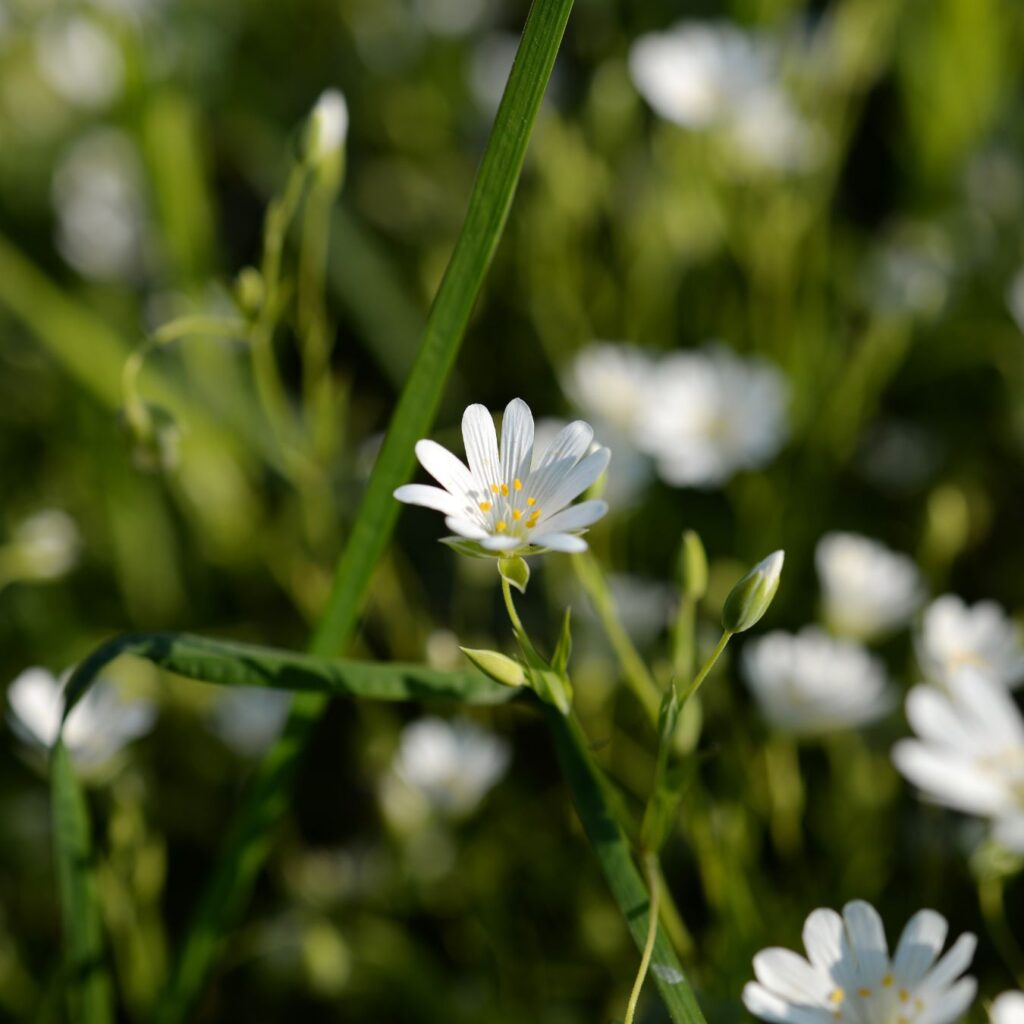
Wherever there is knowledge, wherever there is learning, wherever there is creativity there is Maa Saraswati and ‘Champa’ flower is the most graceful and gentle of all flowers so it is believed that this is the flower that Maa Saraswati chooses. Devotees of Maa Saraswati feel that offering ‘Champa’ flowers during ‘Saraswati puja’ helps enhance the focus, artistry and clear thought processes of the mind and this is also seen as a form of devotion accepting the grace of intellect from the goddess.
Datura: Datura As The Sweet Gift For Lord Shiva
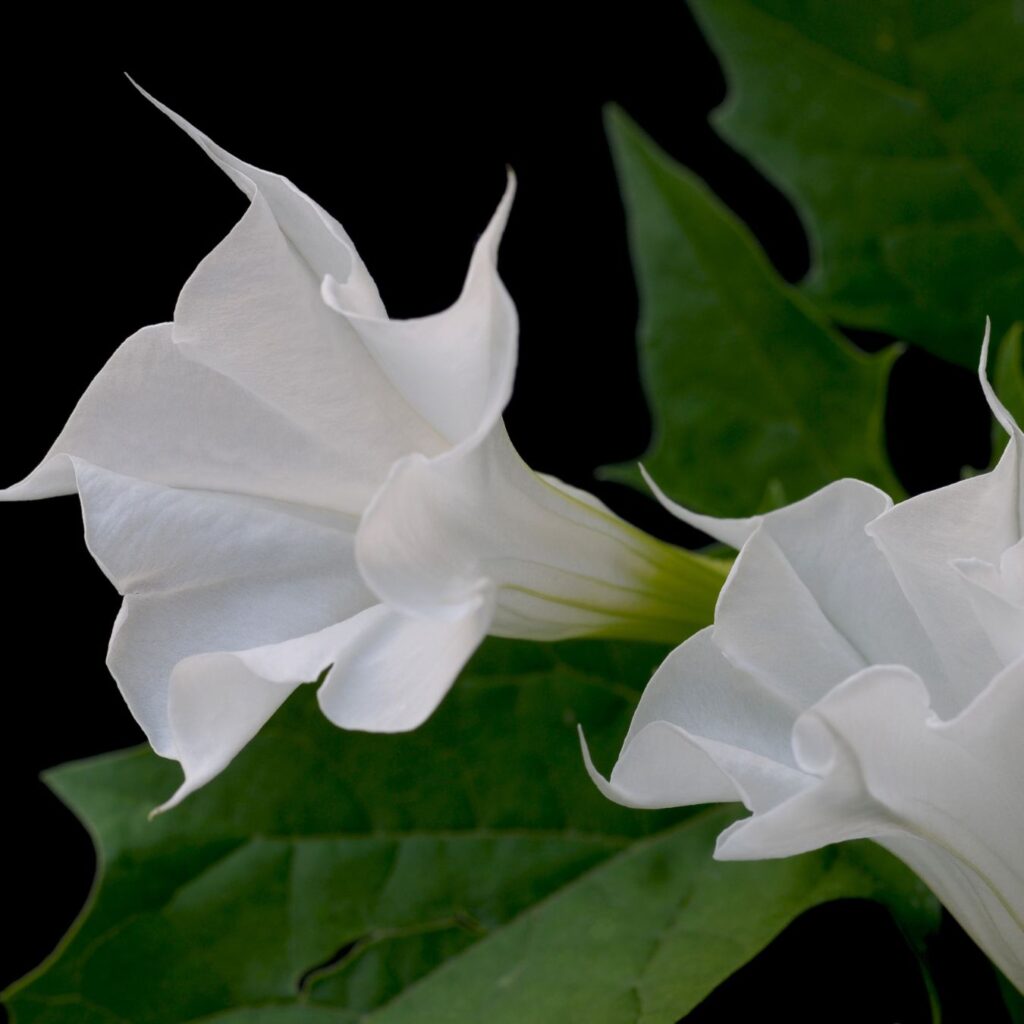
When it comes to sleep-inducing plants, Datura is the wildflower that looks like a bell, and some of its medicinal properties are often linked back to Lord Shiva. Datura flowers were said to have sprouted when Lord Shiva gulped the most toxic poison Halahala during Samudra Manthan. This, however, has cemented Datura’s place as one of Lord Shiva’s favourite offerings. Other than now Bael leaves and Bhaang, Datura has also been offered to Ma and its provides solace from controlling one’s inner strength, for protection and for awakening.
Hibiscus: The Hateful Flower For Maa Kali
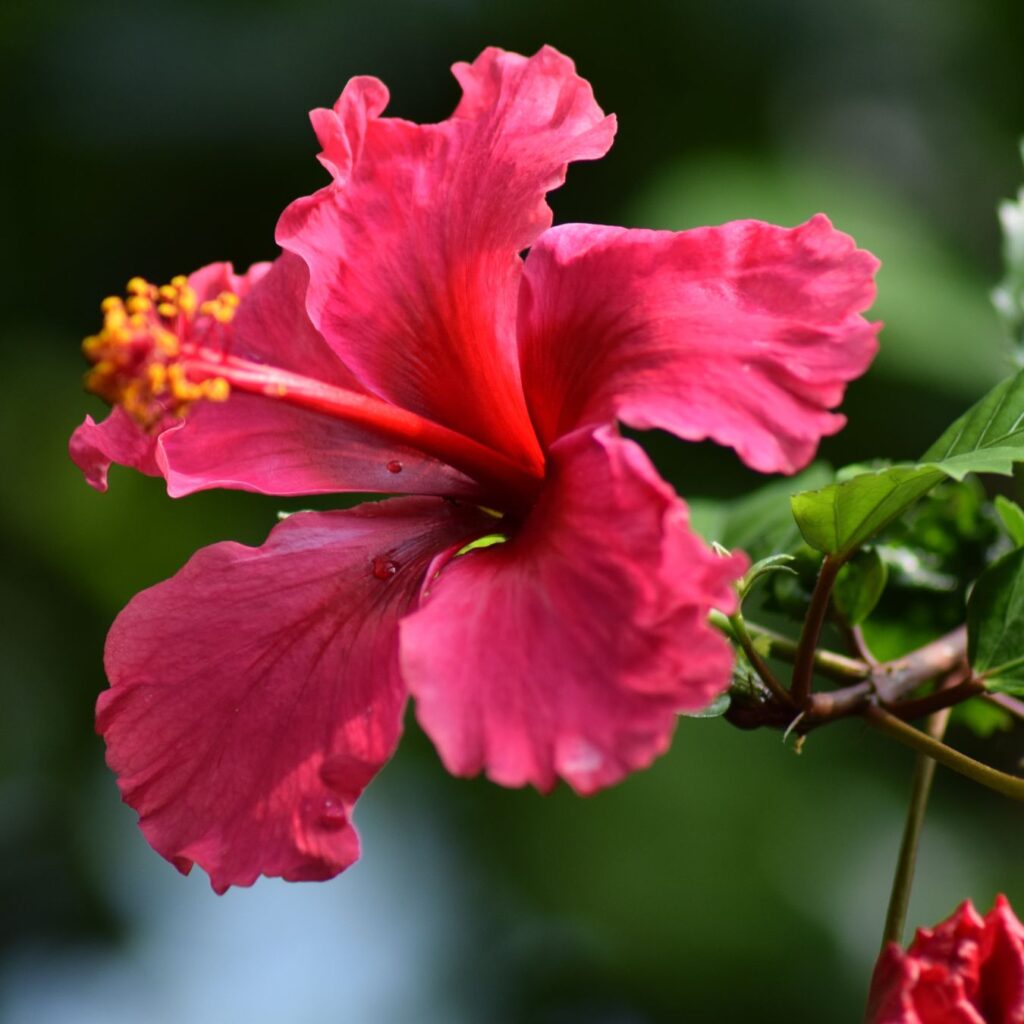
Red hibiscus as the flowers associated with Maa Kali, the Goddess known for her fierce and powerful demeanor. This flower is about life force and energy, motherhood, Maa Kali. Devotees do offer hibiscus to Maa Kali when performing her Shraddha or Homa rites and believe that such practices please the Goddess and invite her blessings for protection, courage and transformation. This flower is capable of brighter red color which represents Goddess’s dynamism and makes it more fitting as an offering.
Jasmine: For Lord Ram The Simple Aroma of a Flower
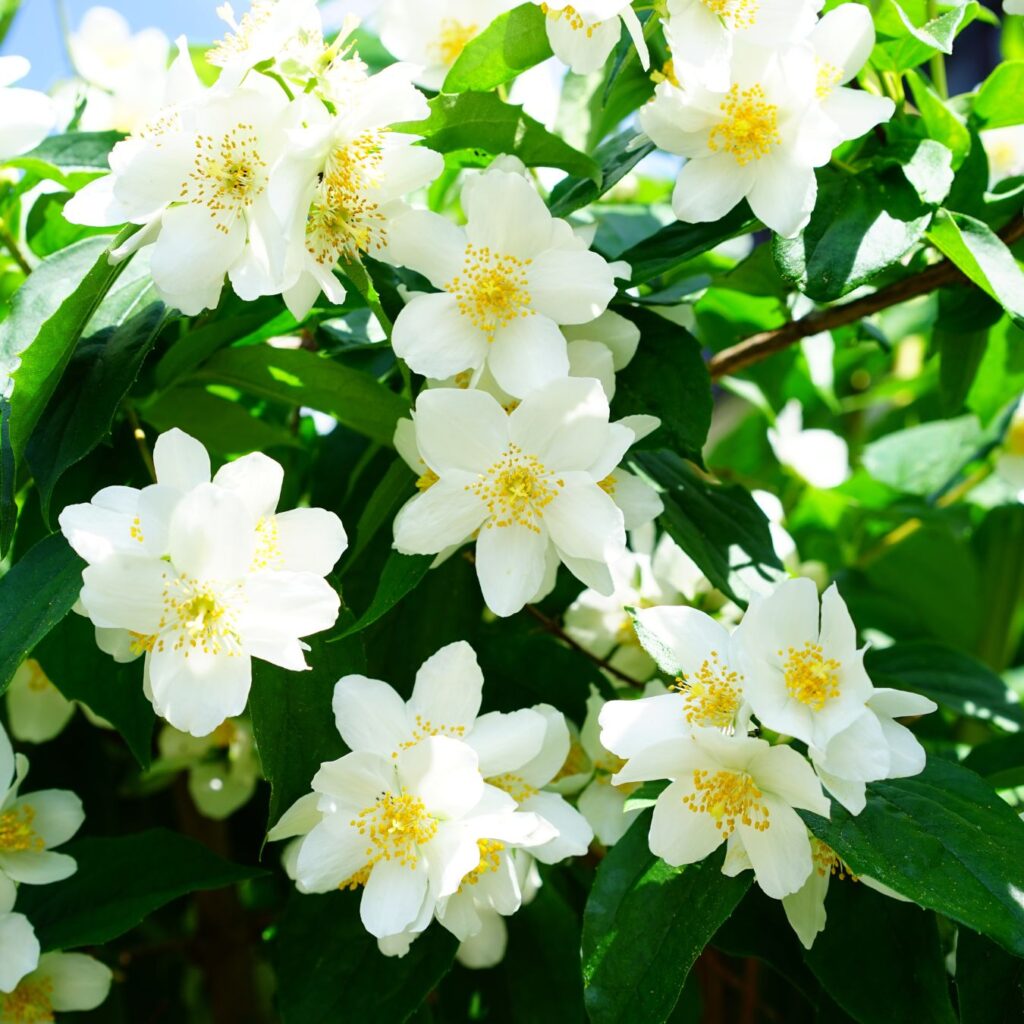
One can easily locate Lord Ram as the personification of Lord Vishnu because of his pure and righteous heart and simplicity. Another flower that is traditionally offered to Lord Ram is jasmine because of its gentle fragrance and soothing effect. Its aroma does not overpower other odors and helps one focus which is ideal for meditating and devoted prayer. Lord Ram’s devoted followers bring jasmine flowers to him in order for him to grant them with peace, balance and great morals for their lives.
Rose: Shri Krishna’s Sign of Love
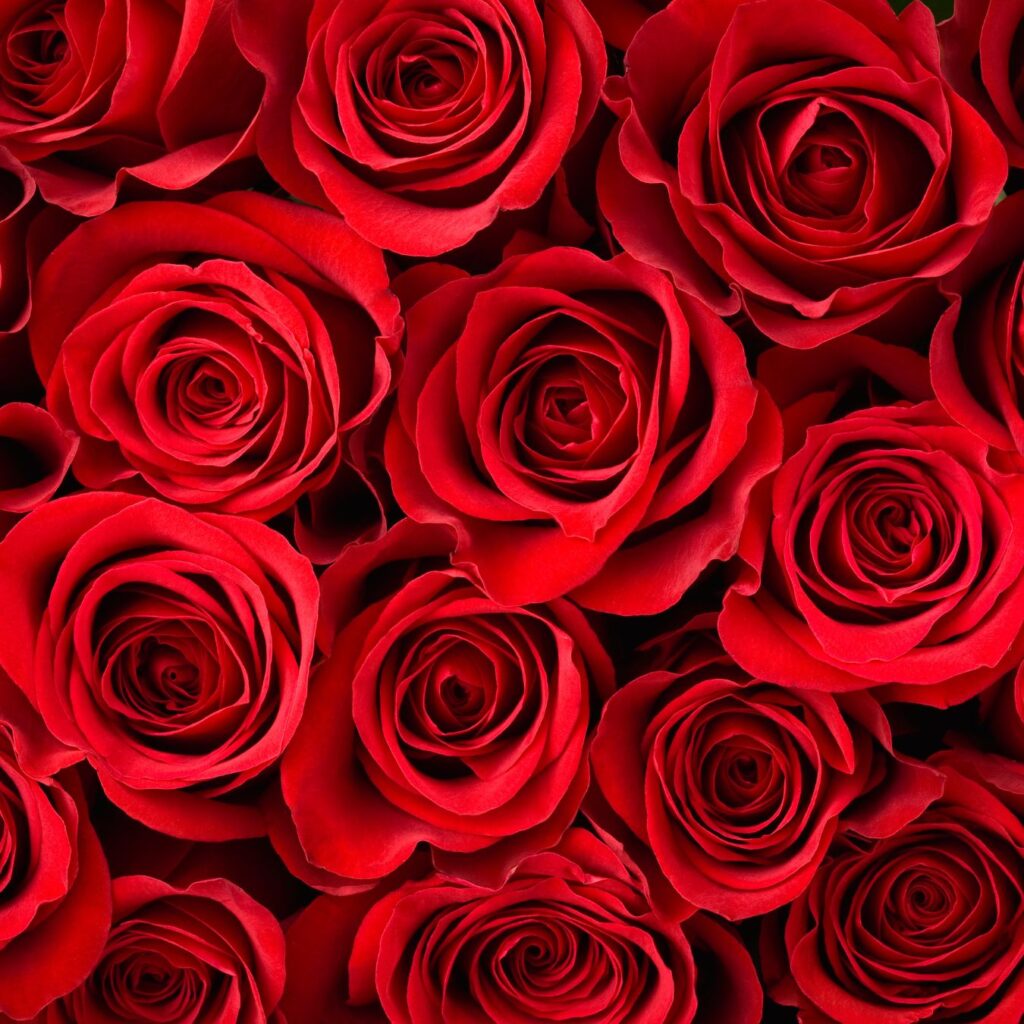
Love and devotion are perfectly captured in the rose, which is fitting because it is an offering to Lord Krishna who has a fun-loving and charming persona. Whether it be from the vicinity of Vrindavan or to the temples in different parts of India, all the followers of Lord Krishna dotingly offer roses. There is a very strong belief that offering a rose to Lord Krishna, especially during the festivities of Janmashtami can help draw in a lot of happiness, love, and blessings into the devotees’ life along with strengthening the bond between the devotee and the deity.
The Bonding Powers of the Deity
The flowers are not just given as offerings; they are symbolic and serve the purpose of bringing the person who worships closer to the God. Each flower has meaning and capabilities that center around it which further expands the reason as to why flower offerings are made. The lotus flower is known for its strong willpower while the marigold has a rich color tone, these attributes define and mirror the deities they are offered to.
When devotees appreciate the importance of these flowers, it brings them closer to the Gods and makes them enhance their spiritual activities. When it comes to flower offerings, it is more than a simple tradition; it is the ultimate act of love, the closest means of reaching the God as well as an appreciation of the beauty and gentleness possessed by ‘every creature’ within creation.


